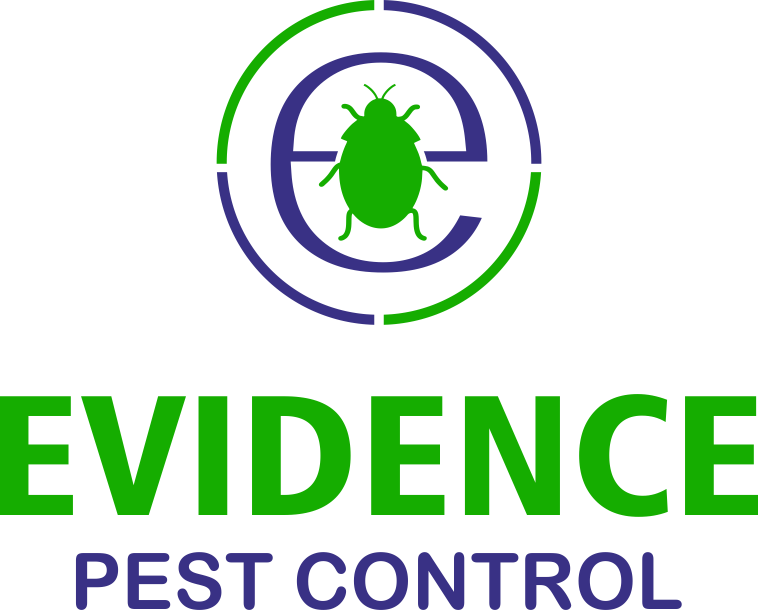
Agriculture is one of the pillars of human civilization, but its industrialization has allowed pests to spread like never before. Pests destroy our crops in many ways:
- Eating leaves of crop plants
- Sucking out plant juices
- Boring into the leaves, roots and stems
- Spreading plant pathogens
- Feeding on natural fibers
These actions compromise wood (our most essential building material), contaminate stored crops and accelerate plant decay. As a result, about 40% of food crops fall to pests and pest-caused diseases every year.
This waste contributes to food shortages and harms poor rural communities the most. Of course, they also cause direct harm to humans through bites, stings, diseases and general annoyance.
How can we reduce the health risks that pests cause throughout agriculture, and how do we account for climate change’s increasing impact? Let’s explore what humanity has done to combat these issues.
Successes and Failures of Pesticides
Pesticides are the primary combatant against insects that target our crops. The greatest victory that pesticides have contributed to is increased food production in developed nations. Corn, wheat and other essential harvests dramatically improved in the late 20th century and into the current age. A greater quantity of healthier crops leads to a healthier population. Plus, additional revenue from agriculture can help improve medical care and education.
Pesticides don’t just defend our crops; they seek out threats and eliminate them. Removing weeds would cause a significant increase in yields of dryland crops, which primarily impacts the African continent. Pesticides also stop vector-borne diseases, such as malaria and typhus, in their tracks by killing the insects that carry them. This function benefits at-risk communities in developing countries the most.
However, the chemicals used to kill weeds and insects also harm human bodies. Pesticides affect the air we breathe, the water we drink, and the non-plant foods we eat. An estimated 1 million people develop chronic diseases from pesticide poisoning every year. Farmers and other agriculture worker



